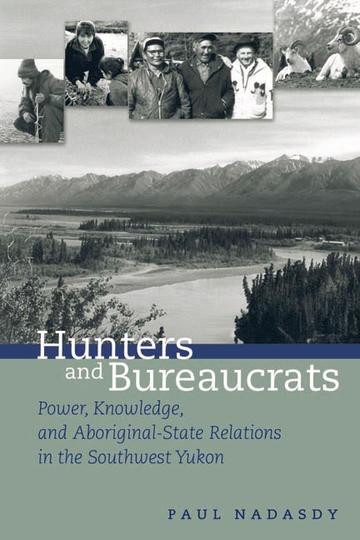About BC Books Online
BC Books Online was created for anyone interested in BC-published books, and with librarians especially in mind. We'd like to make it easy for library staff to learn about books from BC publishers - both new releases and backlist titles - so you can inform your patrons and keep your collections up to date.
Our site features print books and ebooks - both new releases and backlist titles - all of which are available to order through regular trade channels. Browse our subject categories to find books of interest or create and export lists by category to cross-reference with your library's current collection.
A quick tip: When reviewing the "Browse by Category" listings, please note that these are based on standardized BISAC Subject Codes supplied by the books' publishers. You will find additional selections, grouped by theme or region, in our "BC Reading Lists."
This book challenges this conventional wisdom that land claims and co-management – two of the most visible and celebrated elements of this restructuring the relationship between Aboriginal peoples and the Canadian state – will help reverse centuries of inequity. Based on three years of ethnographic research in the Yukon, the author examines the complex relationship between the people of Kluane First Nation, the land and animals, and the state. This book moves beyond conventional models of colonialism, in which the state is treated as a monolithic entity, and instead explores how “state power” is reproduced through everyday bureaucratic practices – including struggles over the production and use of knowledge.
Paul Nadasdy is an associate professor of anthropology at Cornell University.
The book is well written and carefully argued. Nadasdy draws effectively on the seminal ethnography and ethnological work of the Penn Boasians: Frank Speck, A.I. Hallowell, and their many informal students, and his own ethnographic observations are revealing and apt.
At first blush, it seems a very long reach from the aboriginal hunting camps of the Kluane in Canada’s Yukon wilderness to the poststructuralist environs of modern French philosophy. Yet careful reading of Paul Nadasdy’s prodigal new work of contemporary ethnography reveals that geographically, culturally, and philosophically the distance involved is much less than might be expected.



